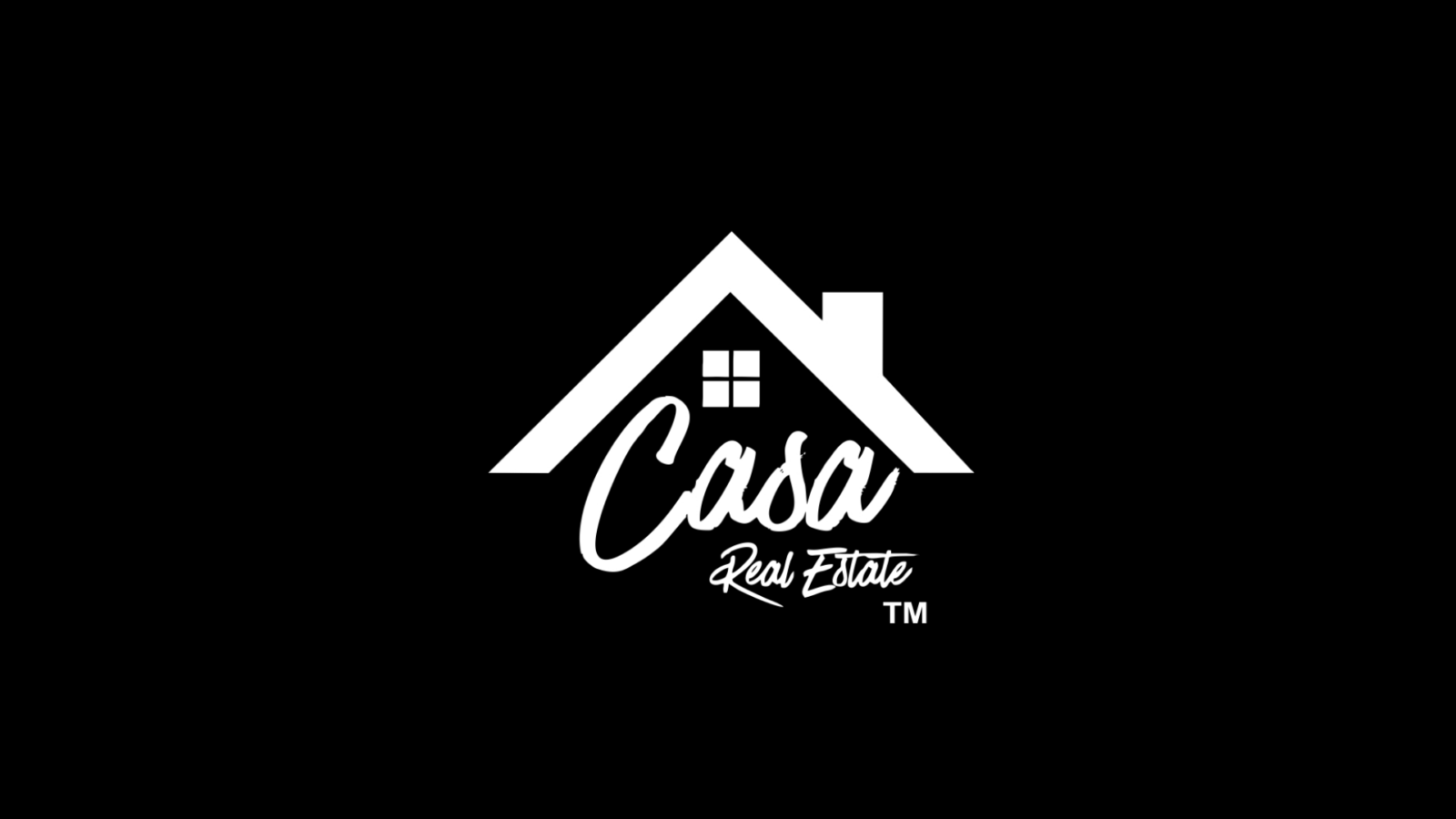Over the course of many years, we have been conditioned to view almost any home improvement or repair as something which automatically increases the value of the home, and so to guarantee a great return on investment upon selling it.
When making a decision about adding a new addition, fixing up the basement, purchasing new appliances, or any other home improvement project, there are a few important questions that you need to ask yourself: “How do I know that this project will indeed add monetary value to my home?
Is this repair truly a necessity or am I just listening to the suggestions of money-hungry scam artists?
Are these new appliances going to fill my needs and make me happy, or am I buying them because I think that they will add value to the home when I sell it in a few years?
There are certain repairs, renovations, and upgrades that just won’t help you with the sale. Let’s take a walk through your home and look at things more closely. New carpeting. While this could appeal to many people, homebuyers are generally turned off by it because they will feel the need to have it professionally cleaned before moving in.
They also might be more aware of health hazards due to allergens that could gather in carpets. Have you ever thought about all the germs that can be collected in carpet, not to mention the odors from the kitchen and anyone’s unclean socks? These thoughts and more cross through the minds of homebuyers while making their decisions.
If you have good flooring, why not show it off? You’re much better off with hardwood flooring that can be topped with area rugs or even carpeted over later if the homebuyer chooses to do so. It’s a bedroom, not a zoo. If you want to have pets, have pets, but be careful to avoid making huge structural changes like adding built in cages or aquariums.
This is an example of actually detracting from the value of your home, because unless you find another Dr. Doolittle to purchase the home, you’re going to have to convert it back to normal before anyone else would buy it. The same goes for other highly-personalized conversions such as a cold pantry or wine cellar. Anything you do that is truly unique to you needs to be done in such a way that it is easily undone before putting your home on the market.
Otherwise, potential buyers will view these personal extravagances as expensive projects to undo or instead, make it part of the deal that you undo them yourself.
Where is the garage?
If it looks like a garage, potential homebuyers are expecting it to be a garage. If they walk in and find that it’s been completely changed into something else that can no longer have a car drive into it, they will not be too excited.
There are a few people who might not care about having hail damage their vehicles, having to clean off the ice or snow in the morning, or leaving the car exposed to night-time pranksters, but you will find greater success with a real garage.
Does that mean that you can’t create that family room, theater, or gym? You can still have these in your garage as long as you set them up in such a way that the garage can become a garage again with minimal costs. For example, once again, don’t carpet it.
If you want to cover the garage floor, do so with large area rugs, or if you want to use carpet, just roll it out onto the surface without attaching it with glue or permanently installing it in any other way.
If you have built-in storage cabinets, leave them as such instead of dismantling them to hang up the big screen. The famous kitchen. So, if you’re planning to live in your home for many years and you want to enjoy an updated kitchen, go for it. But, if you plan to renovate the kitchen in hopes of raising the value and increasing your profits at the sale, be warned.
On paper, kitchen renovations are worth about half of what homeowners normally spend on them. New granite countertops, new tile flooring, a new brushed stainless sink, and a sophisticated cabinet system with a hideaway refrigerator – all of these things and more can be your dreams coming true, but that doesn’t make them the appraiser’s dream nor necessarily the potential buyers’.
If remodeling is a must, treat with caution and avoid overspending. In general, the kitchen is the heart of the home, so it will impress potential buyers to have a nice one. No one is telling you to hang on to the plaster or old ceramic sink, but the warning is to tread with caution.
Take a dive elsewhere.
It could save you thousands, and even tens of thousands. Before installing an in-ground pool before the sale with the hope of adding value to your home, think of the risks involved. Do you live in Southern California or Florida?
If you live in a state that actually experiences real winters, an in-ground pool holds less value than in the states where the sun hardly sleeps. You may argue that you can have a heated pool in an enclosure, but then it becomes a question of adding the pool for your own enjoyment, or simply to add value to your home. Regardless of whether you choose to install an indoor or outdoor in-ground pool, or even a permanent above-ground pool in a deck, heavily weigh the pros and cons.
Are you going to enjoy the pool yourself for a few years, or are you installing it with the intention to add to the value of the home?
Are you prepared to fill in an in-ground pool or dismantle an above-ground pool at a buyer’s request?
Many potential buyers will view the pools as a hazard, especially if they have children or grandchildren who will be in the home with them. They are also aware of the extra costs attached to the pool for maintenance and water bills.
If your wallet will be just as happy with or without the expenses attached to installing a pool, keeping up with the maintenance, and potentially losing out on tens of thousands of dollars when you can’t recoup your investment at the sale, then go ahead and have fun with a pool. Taking it up a level? Do you need more room to fit your family for a few more years?
Is your mother-in-law moving in so you need to build a special suite for her? There are valid reasons to build additions onto your home, but if you are planning on moving out anyway and the addition will only be a temporary bandage, hold off on making expensive changes.
If your house is the smallest in your neighborhood and everyone else has a second story, you have a better chance of recouping your costs than if it is the other way around.
Homebuyers want to be comfortable in the home and with their surroundings. If you are adding onto your house in good taste so that it does not stand out like a sore thumb, the appraisal will likely be more in your favor. However, covering 100% of the cost of any addition is very unlikely, so don’t get your hopes up.
Don’t go chasing waterfalls.
It is very lovely to see yards that are beautifully landscaped with colorful plants, mini hills, and the little trickle of water flowing down amidst the flowers. It is indeed a very picturesque setting that pleases the eye and relaxes the mind.
Good landscaping is important for the general enjoyment of any home by its residents, but there is no need for you to invest in extravagant creations to try to bring up the home’s value for re-sale.
A sprinkler system is a very practical investment of several thousand dollars, and there is greater perceived and real value in this addition than in a pretty mini babbling brook that will attract all of the birds of the air.
If you are thinking of ways to upgrade your yard, the sprinkler system would be the wiser choice.
The question of the basement raises much conversation among homeowners. There are those cases in which finishing a basement has proven to be a great loss to the homeowner, and those cases in which the appraisal value showed an increase and buyers were willing to happily pay the price.
Finishing your basement as local code allows can be done in different ways, and if you do this without completely altering the structure, like adding walls or creating extra rooms, it’s possible to still come out as a winner.
As with everything else, making permanent alterations can cost you at the sale, because while you might enjoy camping beneath the night sky and counting stars in your basement, potential buyers won’t necessarily view this expensive ceiling as a benefit, and some may even want to have it removed.
If you’re upgrading an older, hundred-year-old home to include these features, or if you’re updating the duct work or entirely replacing the heating and air units in a more recent model home, do not expect homebuyers to be thrilled or for the appraisal to reflect what you spent on the work.
There are certain things that we all take for granted including central heating and air, running water, and electricity in every room.
If a home lacks any of these, the value goes down, but when these are present, the value is not affected, even if you were to spend thousands on the best in the industry. You may get some bonus points for more efficient and environmentally friendly equipment, but not much else. This goes the same for buying new gutters.
On the other hand, improvements on necessities such as new siding or a new roof will often yield a much higher return than the more unseen repairs of electricity, piping, or central heating and air.
What about the bathroom? Indeed. Another necessary component of any household is the toilet, and a home without one would be a tent. Renovating a bathroom could cost you a handful or loads of money depending on your plans.
Replacing the floor covering or the wall color will not cost as much as a full-blown renovation that replaces and rearranges the toilet, the sink, the shower or bathtub, or that expands the room size. Installing a special door-less and spacious shower, a hot tub, or an extra-large vanity topped by an over-sized mirror in addition to new walls, flooring, and lighting will put your price tag on the opposite end of the spectrum.
Do you need a new toilet?
By all means get it. Is your vanity too small?
Then replace it. Is the tile cracked or linoleum peeling back? It’s time for a floor makeover. Be practical. You do not want potential buyers cringing at the site of an old toilet or rusted shower head, but you do want to recoup as much money as you can at the sale.
If you over-spend on luxuries, you may still make the sale, but not at the full amount needed for you to at least break even for your efforts.
While you’re living in your house, enjoy yourself. Make yourself comfortable. You have a right to be happy. Just don’t burn holes in your pockets or break the bank when making changes, especially if you’re doing this while making plans to sell. Making your money back is not always guaranteed, and in many cases as you have seen, the risk of loss is great.
It isn’t easy to strike a balance between what makes you happy and what will make the buyer happy, because ultimately, it’s all very subjective.
What you like and what the potential buyers like will differ, but you can do your best to avoid over-personalizing to help make the sale. After all, every buyer needs a place to call home, because we all know, there’s no place like it.
Do you have any questions or comments? Please let us know below in the comments, we would love to hear from you.
 Jacob & Eunice Coronado are known for their heart to empower people and for being experts in the Real Estate & Financial Worlds. They are on a mission to empower people to become home owners, achieve financial freedom & to excel in life! Together with the help of their teams, they’ve empowered thousands of people to excel in life. Jacob & Eunice own multiple companies. Eunice is a well known Real Estate Agent in the Dallas / Fort Worth Metroplex.
Jacob & Eunice Coronado are known for their heart to empower people and for being experts in the Real Estate & Financial Worlds. They are on a mission to empower people to become home owners, achieve financial freedom & to excel in life! Together with the help of their teams, they’ve empowered thousands of people to excel in life. Jacob & Eunice own multiple companies. Eunice is a well known Real Estate Agent in the Dallas / Fort Worth Metroplex.
Follow us on all social media outlets:
Instagram: @jacobcoronado , @eunicecoronado & @casarealestatellc
Facebook: Jacob Coronado, Eunice Coronado & Casa Real Estate LLC
YouTube: Jacob Coronado


 Why Changing Things and Small Improvement Can Gain You Thousands
Why Changing Things and Small Improvement Can Gain You Thousands



